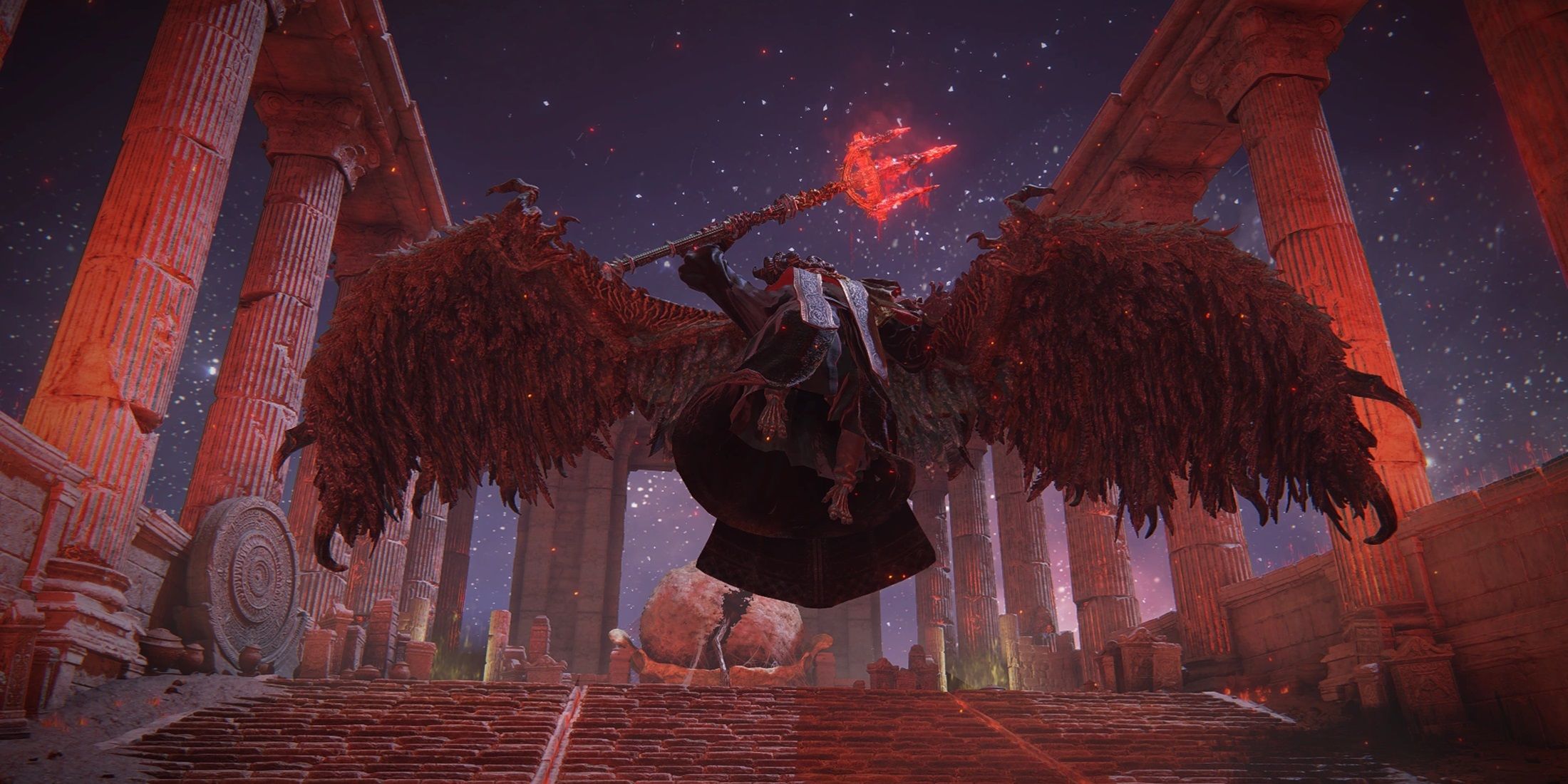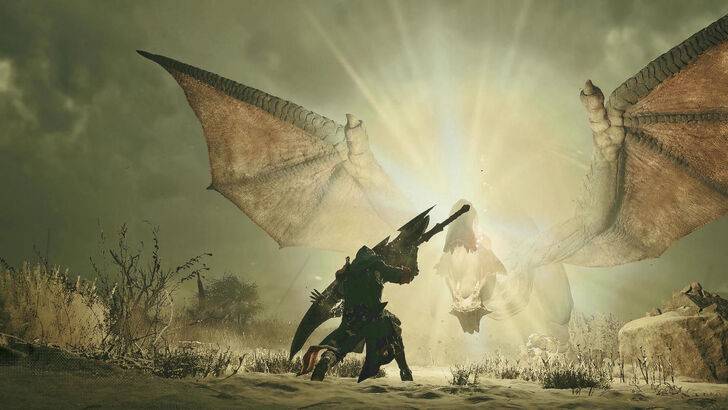ChatGPT Maker Suspects China’s Dirt Cheap DeepSeek AI Models Were Built Using OpenAI Data — and the Irony Is Not Lost on the Internet
OpenAI suspects that DeepSeek, a Chinese AI model significantly cheaper than Western counterparts, may have been trained using OpenAI's data. This revelation, coupled with DeepSeek's rapid rise in popularity, sent shockwaves through the US tech industry, causing a significant drop in the stock prices of major AI players. Nvidia, a key player in GPU technology crucial for AI model development, suffered the most substantial loss in Wall Street history, with a 16.86% share drop. Microsoft, Meta, Alphabet, and Dell also experienced considerable declines.
DeepSeek's R1 model, based on the open-source DeepSeek-V3, boasts significantly lower training costs (estimated at $6 million) compared to Western models like ChatGPT. While this claim is disputed by some, it has raised concerns about the billions invested by American tech companies in AI, unsettling investors.
OpenAI and Microsoft are investigating whether DeepSeek violated OpenAI's terms of service by using its API or employing "distillation," a technique that extracts data from larger models. OpenAI acknowledged that Chinese companies frequently attempt to replicate leading US AI models and stated their commitment to protecting their intellectual property through countermeasures and collaboration with the US government.
David Sacks, President Trump's AI czar, confirmed evidence suggesting DeepSeek used distillation to leverage OpenAI models. He anticipates that leading AI companies will implement measures to prevent such practices in the future.
The situation highlights a significant irony: OpenAI, itself accused of using copyrighted internet data to train ChatGPT, is now accusing DeepSeek of similar practices. This hypocrisy has been widely noted, especially considering OpenAI's previous statement to the UK's House of Lords that training leading AI models without copyrighted material is impossible. This position is further underscored by ongoing lawsuits, including one from the New York Times alleging unlawful use of its content and another from 17 authors claiming "systematic theft." The complex legal landscape surrounding AI training data and copyright continues to evolve, particularly in light of a 2018 US Copyright Office ruling that AI-generated art is not copyrightable.

-
 Jan 22,25Kingdom Hearts 4 Will Reboot the Series Kingdom Hearts creator Tetsuya Nomura recently hinted at a pivotal shift for the series with the upcoming fourth mainline installment. This article delves into his revelations about this crucial new chapter. Nomura Hints at a Series Conclusion with Kingdom Hearts 4 Kingdom Hearts 4: A Story Reset,
Jan 22,25Kingdom Hearts 4 Will Reboot the Series Kingdom Hearts creator Tetsuya Nomura recently hinted at a pivotal shift for the series with the upcoming fourth mainline installment. This article delves into his revelations about this crucial new chapter. Nomura Hints at a Series Conclusion with Kingdom Hearts 4 Kingdom Hearts 4: A Story Reset, -
 Jan 20,25‘Dungeons of Dreadrock 2’ Announced, Launching on Nintendo Switch in November with Mobile and PC Versions to Follow Approximately two and a half years ago, we were captivated by the delightful dungeon crawler, Dungeons of Dreadrock, developed by Christoph Minnameier. This top-down perspective game, reminiscent of classics like Dungeon Master and Eye of the Beholder, offered a unique puzzle-solving experience acr
Jan 20,25‘Dungeons of Dreadrock 2’ Announced, Launching on Nintendo Switch in November with Mobile and PC Versions to Follow Approximately two and a half years ago, we were captivated by the delightful dungeon crawler, Dungeons of Dreadrock, developed by Christoph Minnameier. This top-down perspective game, reminiscent of classics like Dungeon Master and Eye of the Beholder, offered a unique puzzle-solving experience acr -
 Dec 10,24Cosplay Marvel Emerges: Elden Ring's Mohg Impresses A stunning Mohg cosplay, strikingly similar to the Elden Ring boss, has been shared online, captivating the gaming community. Mohg, Lord of Blood, a Demigod boss crucial to accessing the recent Shadow of the Erdtree DLC, has enjoyed renewed prominence. Elden Ring, a FromSoftware triumph released in
Dec 10,24Cosplay Marvel Emerges: Elden Ring's Mohg Impresses A stunning Mohg cosplay, strikingly similar to the Elden Ring boss, has been shared online, captivating the gaming community. Mohg, Lord of Blood, a Demigod boss crucial to accessing the recent Shadow of the Erdtree DLC, has enjoyed renewed prominence. Elden Ring, a FromSoftware triumph released in -
 Jan 30,25Hunters Rejoice! Monster Hunter Wilds Showcases New Content In February Open Beta Monster Hunter Wilds: February Open Beta Extends Hunting Opportunities Get ready for another chance to dive into the world of Monster Hunter Wilds! A second Open Beta Test is scheduled for the first two weeks of February, offering both newcomers and returning players a taste of the action before th
Jan 30,25Hunters Rejoice! Monster Hunter Wilds Showcases New Content In February Open Beta Monster Hunter Wilds: February Open Beta Extends Hunting Opportunities Get ready for another chance to dive into the world of Monster Hunter Wilds! A second Open Beta Test is scheduled for the first two weeks of February, offering both newcomers and returning players a taste of the action before th
